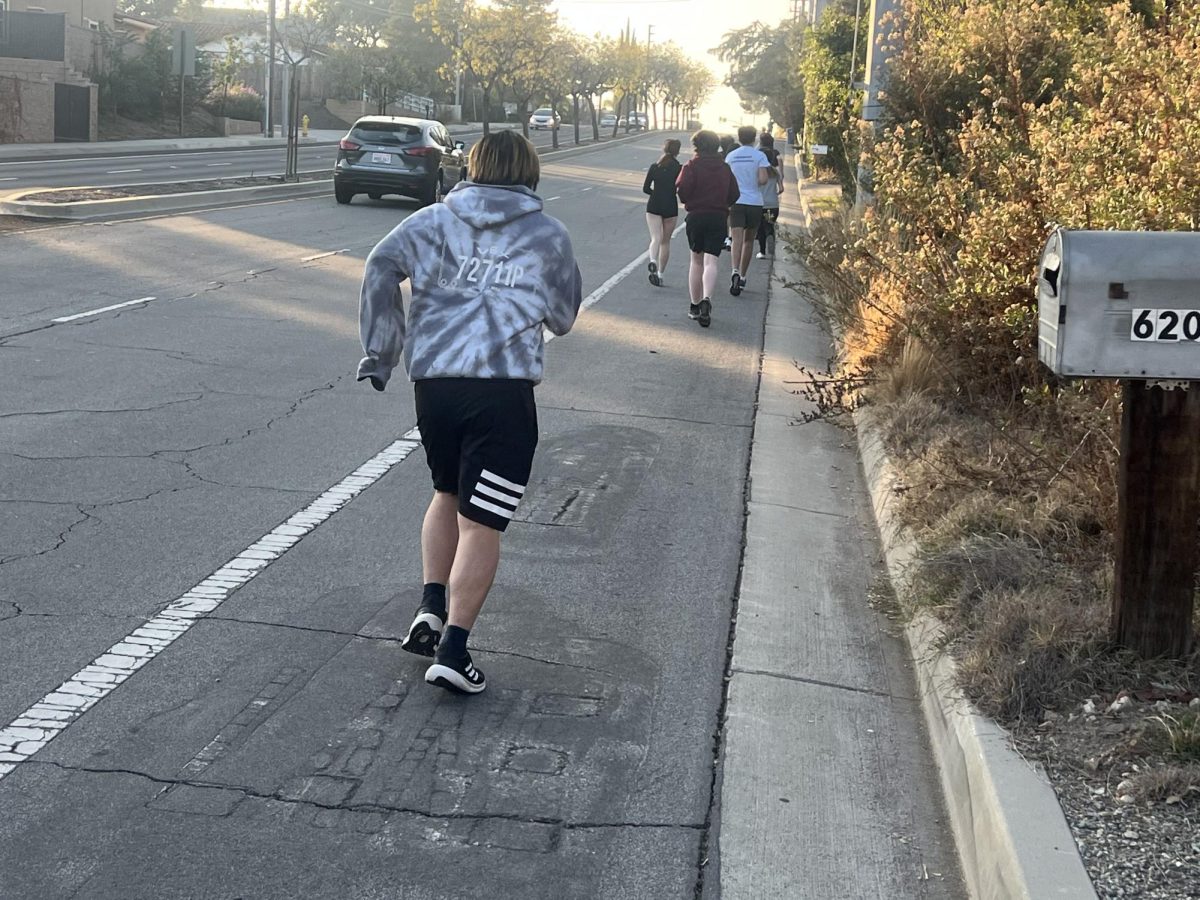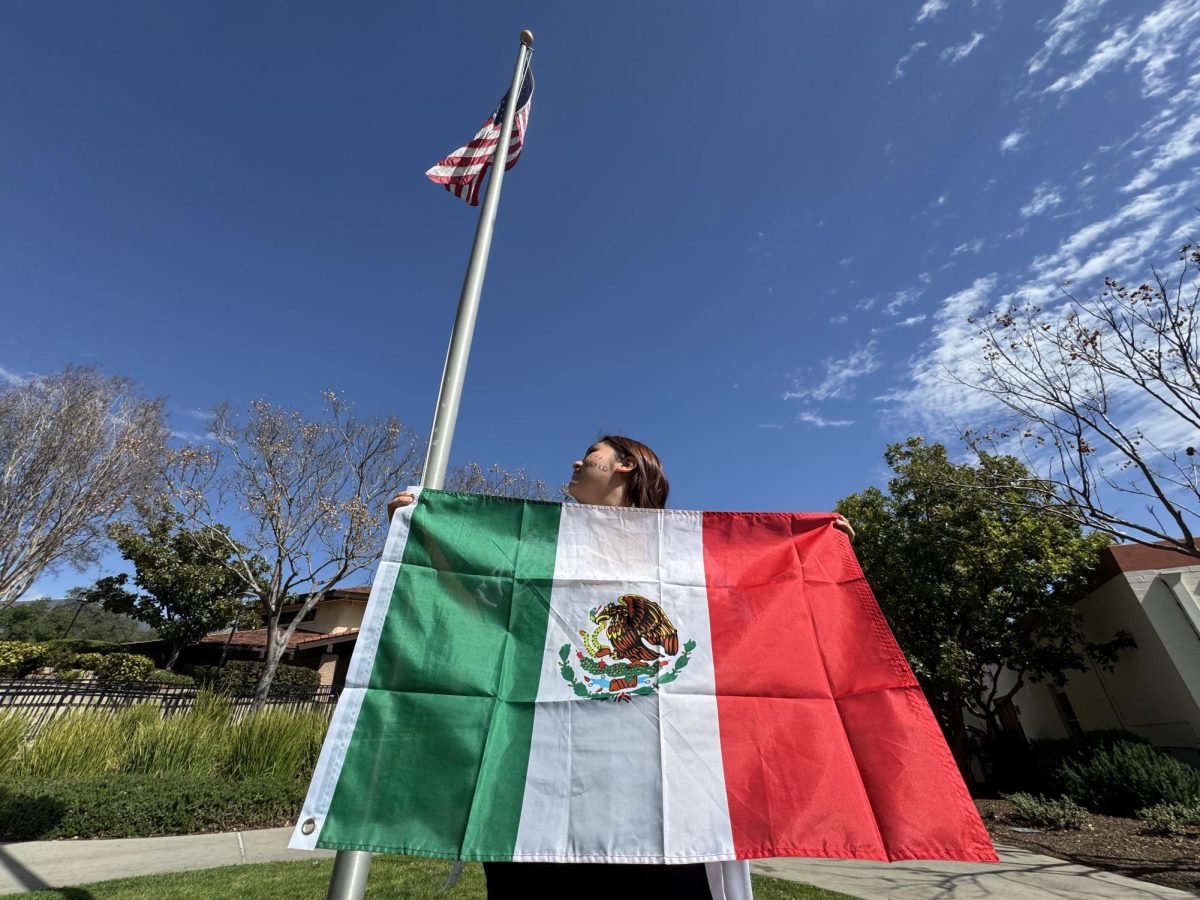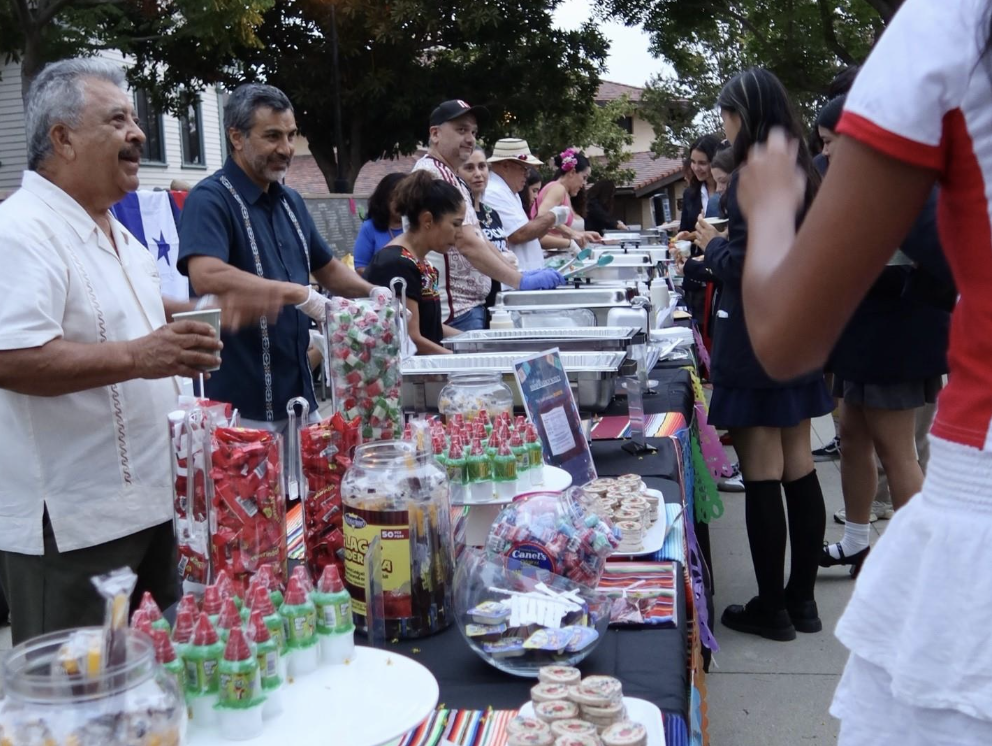Although we live within the middle of the City of Claremont, not many Webb students think about the local political climate around them. While they may see a road improvement happening right in front of them, they may not understand the policies or politicians that brought the changes forward.
“I noticed that there was the road change in front of Webb, I feel like it took forever but now it’s done I feel like the road is better,” said Hanbo Xu (‘25).
But policies are not just about fixing roads: the City of Claremont has a variety of measures lined up to improve Claremont, and one of the newest measures was changing how the mayor was elected.
Sal Medina, Claremont’s newly appointed mayor, exemplifies the city’s shift toward community-focused governance. As the city’s first district-elected mayor, Medina emphasized the significance of the new rotating mayorship system — a system in which mayors are rotated on a yearly basis among the five City Council members instead of being directedly elected.
“The idea of a rotating mayorship reaffirms the commitment we have all made to represent the city as a whole and not simply through the eyes of our individual district,” Medina said. He, along with Mayor Pro Tem Corey Calaycay and council members Ed Reece, Jed Leano, and Jennifer Stark, form a diverse leadership team committed to tackling Claremont’s challenges.
Among the pressing issues, Medina highlighted the need for proactive solutions rather than reactive solutions, such as addressing traffic congestion near the 10 Freeway and Indian Hill Boulevard, enhancing public landscaping and repaving streets. This would be projected to help Webbies coming in the morning with traffic issues, improving the quality of life for day student drivers.
Tyler mentioned support for local businesses as priorities he would like to see addressed in the future.
“I didn’t know exactly who the mayor was, but I think things have been pretty good in Claremont,” Tyler said. “I’d love to see more support for small businesses, though.”
The interview with Webbies also sparked interest among residents in becoming more informed about local politics, with many acknowledging that the conversations led to a new appreciation for their community and its changes.
LA County’s 2024 election brought several ballot measures to the forefront, all of which have tangible impacts upon the future of Claremont. Measures A, E, and G have been passed to the Claremont City Council, where politicians and citizens alike carefully consider their pros and cons.
Measure A, set to repeal 2017’s Measure H that funded homelessness services and replace it with a half-cent sales tax for homeless services, appears likely to pass with 56% of votes in favor. The measure promises to raise over $1 billion annually, a substantial increase from its predecessor, but it also faces criticism for potentially burdening low-income families with higher taxes.
Measure E, the Fire Protection Special Tax Measure, looks poised to pass with 53% of votes. By levying a six-cent per square foot tax on parcel improvements, the measure aims to generate $152 million annually for fire protection services. Low-income seniors would be exempt, providing relief for vulnerable populations while addressing critical safety needs.
Finally, the most contested of the measures, Measure G, proposes the creation of an elected county executive position, an independent ethics commission and an expansion of the LA County Board of Supervisors from five to nine members. It also mandates annual budget presentations at public meetings. With a razor-thin margin of 50% for and 50% against, the measure underscores residents’ divided opinions on government oversight and transparency.
The policies of Claremont impact everyday student life. Whether it be Webb runs, trips, or the livelihoods of local students’ families, local politics affect all aspects of life at Webb.















